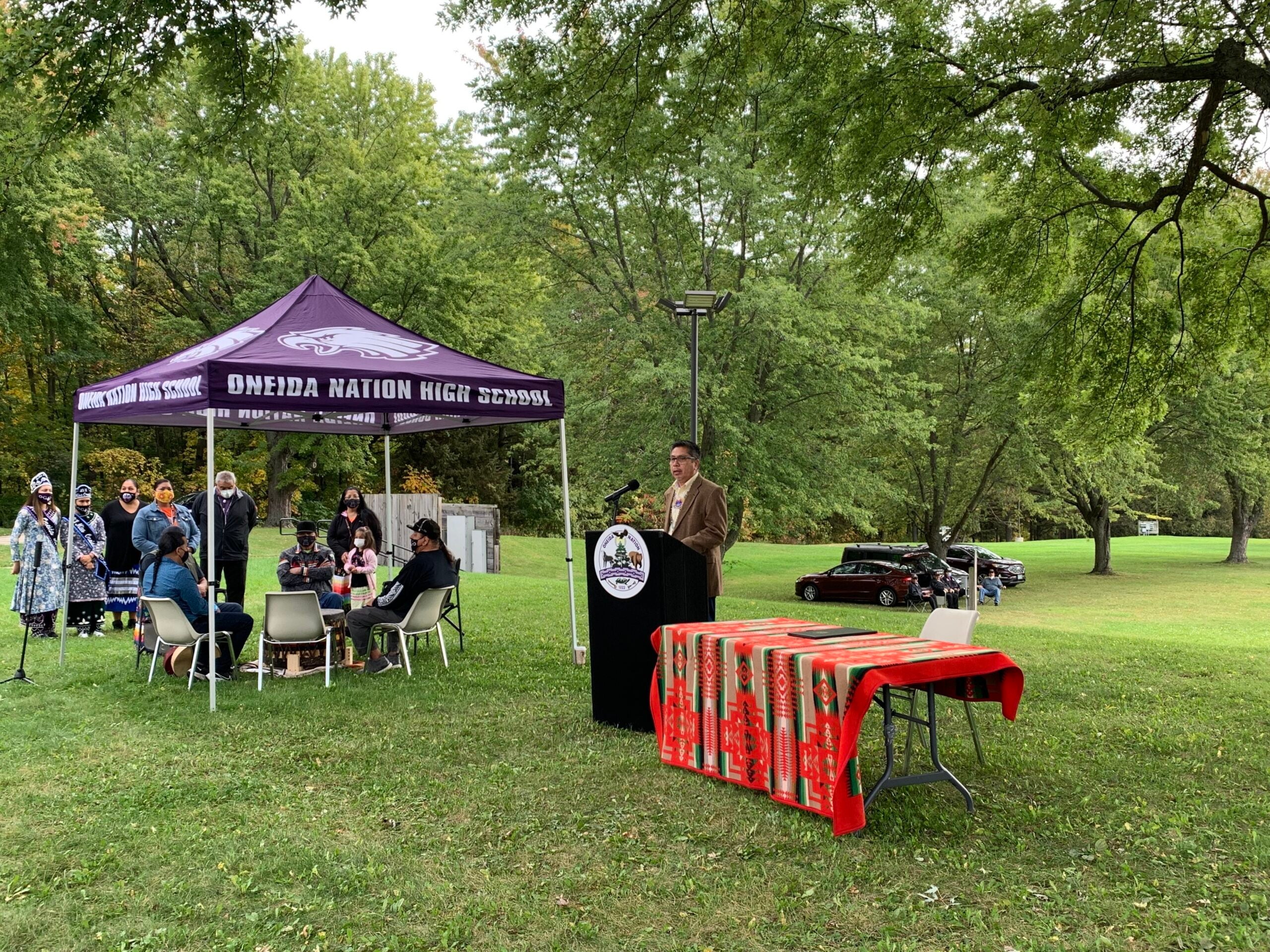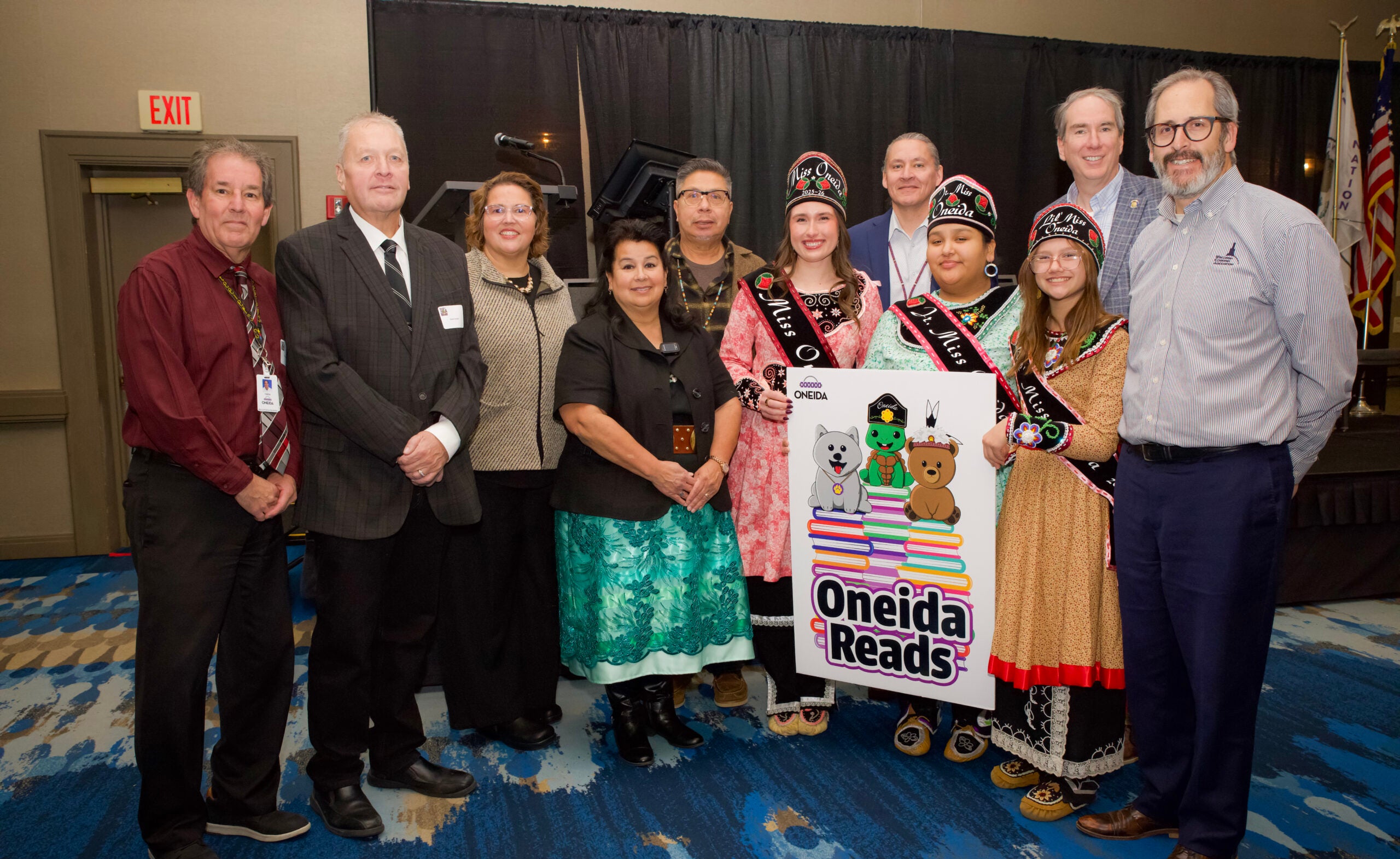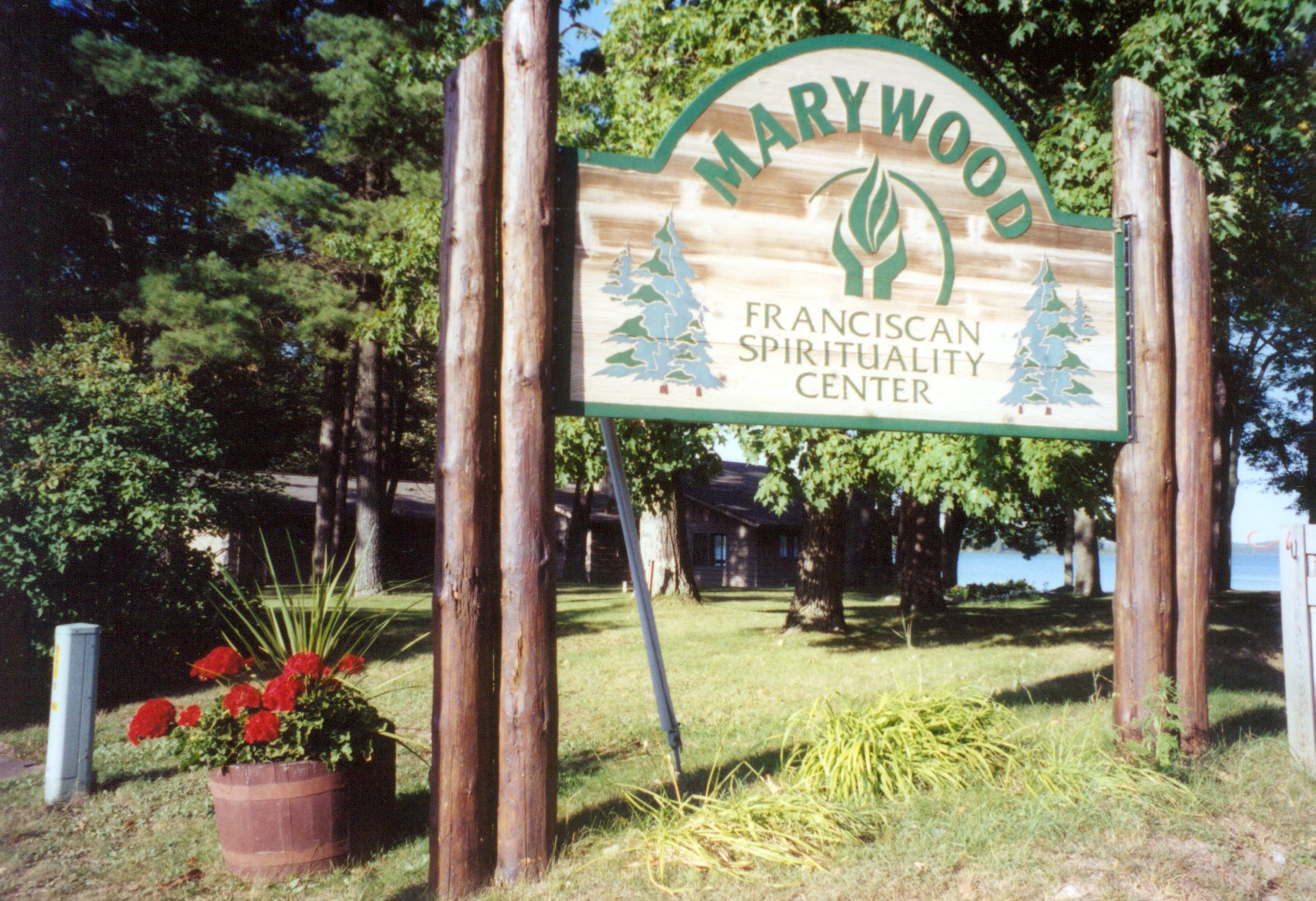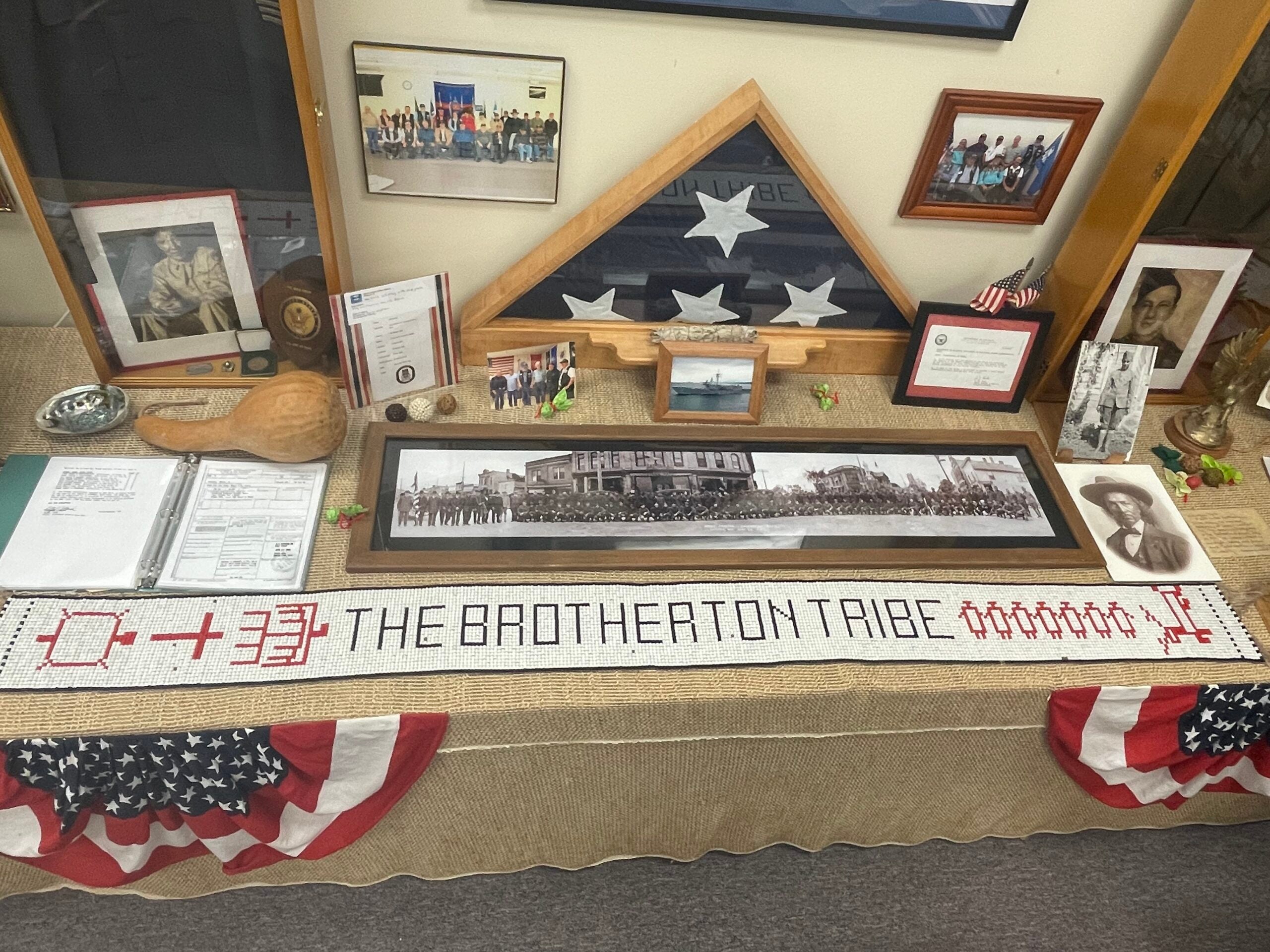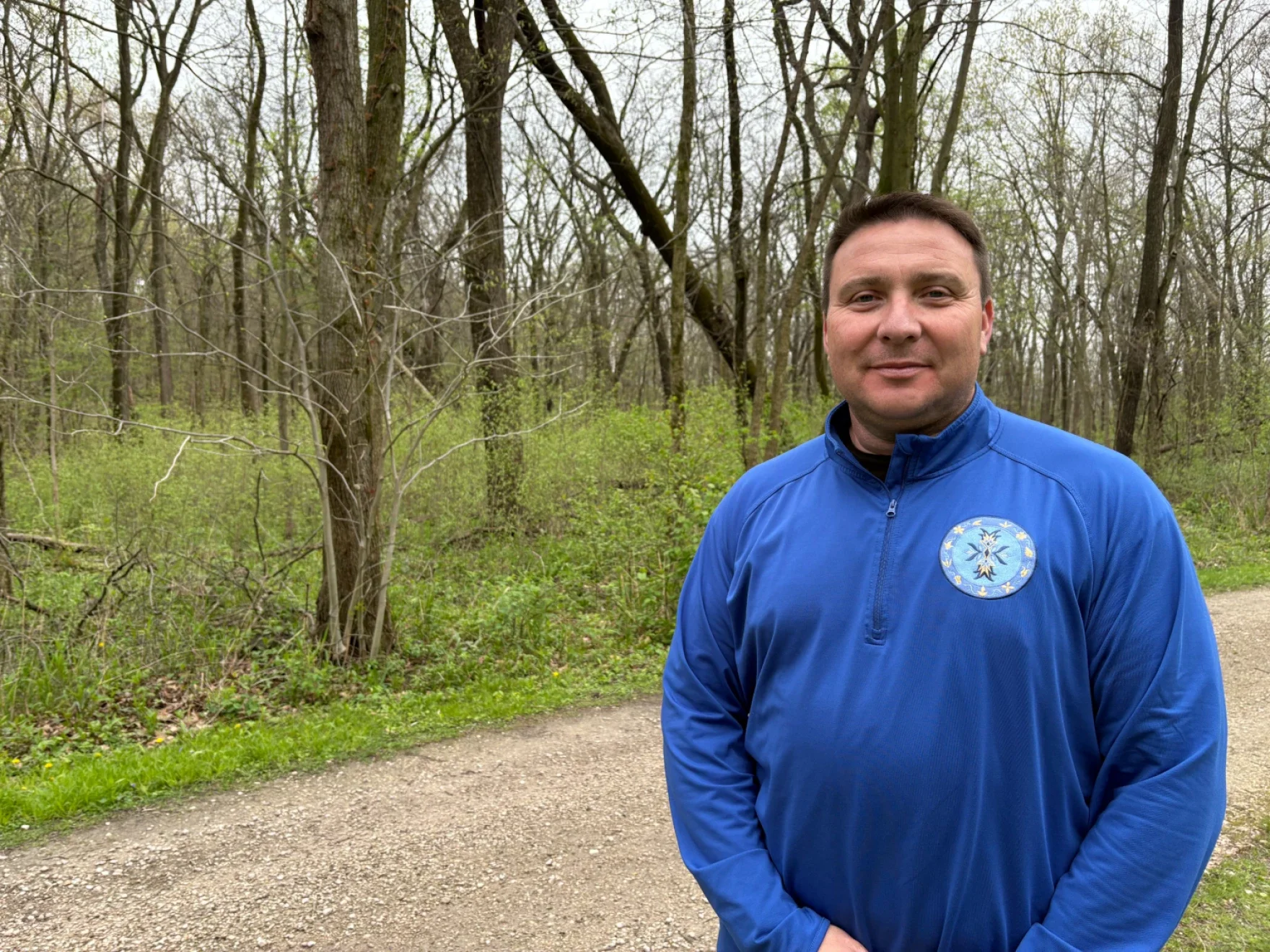A federal lawsuit in Brown County claims purchases by the Oneida Nation of land on its reservation put the village of Hobart on a path to extinction.
The lawsuit is the latest dispute between the Green Bay-area village of 10,000 and the tribe. At issue is taxing authority over 21 parcels in the village, amounting to about 500 acres of land.
That land, like the great majority of Hobart, sits within the Oneida Nation reservation. But as is common on Indian reservations, not all of the land within its boundaries is owned by the tribe, because over time it was acquired by non-Native property owners.
News with a little more humanity
WPR’s “Wisconsin Today” newsletter keeps you connected to the state you love without feeling overwhelmed. No paywall. No agenda. No corporate filter.
After more than a century of this erosion, the tribe has spent decades reacquiring reservation land and then petitioning the federal government to place those lands into the tribal nation’s trust. Once it is in the federal trust for the tribe, that land cannot be taxed by municipal governments such as Hobart’s.
In September, the federal Bureau of Indian Affairs approved the Oneida Nation’s claim on the parcels. The village responded in November with a lawsuit alleging that the process is unconstitutional and corrupt. The lawsuit was first reported by the Milwaukee Journal Sentinel.
The village’s complaint quotes a 2009 paper by the conservative Beacon Hill Institute claiming that if the tribe continued to reacquire land, Hobart “will face fiscal and geographical extinction.”
“The tribe’s stated goal is to place ultimately 100 percent of the village’s land in trust,” the village claimed in court documents.
But the village also claims that the federal Indian Reorganization Act of 1934, which sought to bolster self-governance for Native nations, is unconstitutional. That law was part of a Franklin D. Roosevelt-era legislative push sometimes called the “Indian New Deal.” It gave tribes land and mineral rights over reservation lands. In recently filed court documents, the Oneida Nation argues court adoption of the village’s legal claims could lead to elimination of the entire Oneida reservation.
The village also claims the process by which the Bureau of Indian Affairs approves putting reservation lands into trusts is corrupt and unconstitutional. Bureau of Indian Affairs staffers who process petitions to have lands placed in trust are paid by fees provided by tribal nations — Hobart’s suit argues that is a conflict of interest.
It’s not the first time leaders in Hobart have contested claims of tribal sovereignty. As recently as 2020, a federal court ruled against the village after it sought to charge activity fees for tribal events that took place on reservation land.
According to a court brief filed this month by the Oneida Nation, the village’s complaint amounts to a collection of “stock claims” that have already been rejected in court. The tribe contends Hobart’s claims “threaten the Nation’s ability to have land taken into trust anywhere within its reservation.”
The Oneida Nation was not named in the village of Hobart’s lawsuit, but the tribe filed its brief with the court seeking to intervene as a party to the case.
In other recently filed documents, U.S. Secretary of the Interior Deb Haaland and other defendants denied claims by the village that the federal approvals process for Native trusts was corrupt. Haaland is the first Native American person to hold the position of interior secretary.
The Hobart case is not the only place in Wisconsin where claims about tribal sovereignty have been tested in court. In 2022, a federal court ruled that local governments in northern Wisconsin could not charge taxes to Native-owned reservation lands that had previously fallen out of Native ownership. And in Lac du Flambeau, a continuing standoff between the tribe and non-Native local leaders led in early 2023 to a monthslong blockade of roads on the reservation where easements had expired.
Prior to European settlement of the United States, members of the Oneida Nation lived in the area that is now upstate New York. After fighting on the side of American colonists during the Revolutionary War, some members of the tribe were removed to or settled in Wisconsin beginning in the 19th century.
Wisconsin Public Radio, © Copyright 2025, Board of Regents of the University of Wisconsin System and Wisconsin Educational Communications Board.

